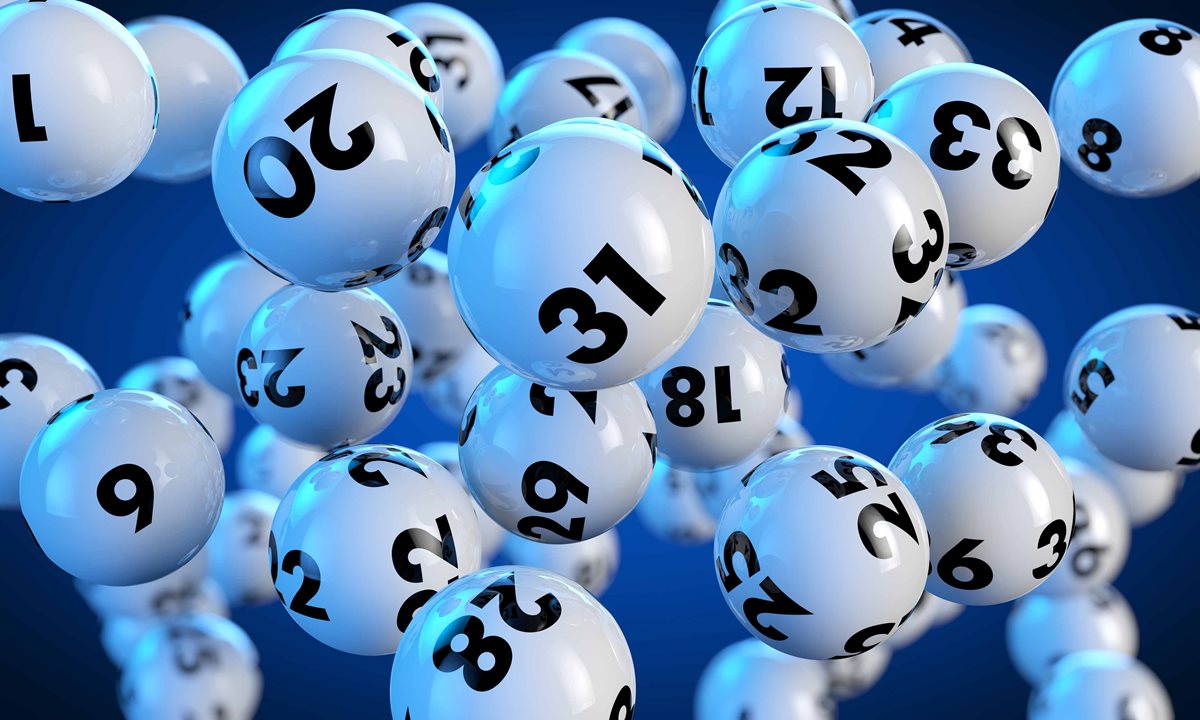
The lottery is a type of gambling in which a prize, often money, is awarded to people who match a series of numbers or symbols. The most common type of lottery is a financial one, in which people pay for tickets, select a group of numbers (or have machines randomly spit them out), and win prizes if their numbers match the ones that are drawn. The odds of winning vary wildly, and the prize amounts can be huge.
People often get excited about the idea of winning the lottery, but there are several misconceptions about how the odds work. People think that they can improve their chances of winning by picking certain combinations of numbers, such as 1-2-3-4-5-6 or 5-odd-2-even. They also believe that they can increase their chances of winning by playing more games. These beliefs are false, and they can actually decrease your odds of winning.
If you want to win the lottery, you should understand the rules of probability and use mathematical calculations. You should also avoid superstitions and hot and cold numbers. By following these tips, you can make a well-informed decision about which numbers to choose. You should also learn how to calculate the probabilities of different combinations, so that you can pick the best one. This way, you can be prepared for a battle against the odds, which is the most difficult aspect of the lottery. However, if you have the right knowledge, you can beat the odds and become a winner.

